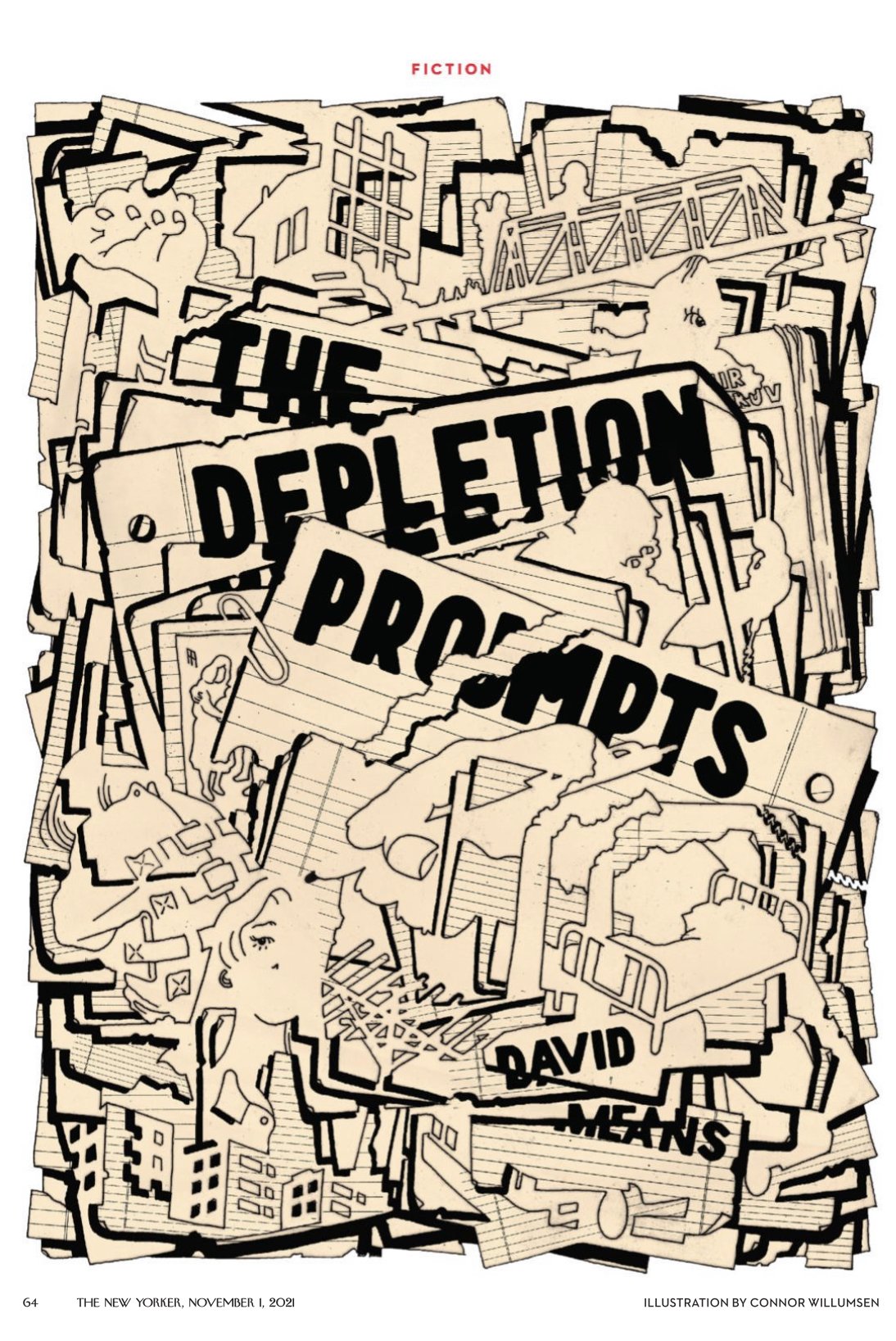Morning reading: Return logistics
Adam wishes you a happy shopping season.
Every word of Amanda Mull’s “Unhappy Returns” about the madness and disaster of “reverse logistics” is intriguing or horrifying. Every word is essential.
Some online retailers encourage you to buy clothes in one size smaller and on larger than your expected size (a.k.a. “bracketing”) knowing that the two returns for each one item you keep will not go back on a shelf. But…
…returns don’t seem like a problem that can necessarily get solved completely. As the places where people used to buy clothes or stationery or kids’ toys in person are pushed out of business, online shopping becomes even more of a necessity. And Americans will probably continue to buy more than they intend to keep, even if it means an extra trip to the UPS store. Prices will go up to account for how expensive it is to send all this unwanted stuff back and forth, and companies will make nonbinding sustainability pledges that attract positive headlines while still shoveling things into landfills. They will do so until that is no longer legal, or no longer profitable for the largest and most powerful retailers, at which point they’ll force their customers to get used to something else.
When surveyed about their preferences, big majorities of Americans under 40 say that they’d happily pay more to patronize businesses that aren’t wasteful or harmful to the environment. That is the right answer when another human asks you whether you care about the future of the planet. But the receipts tell a different story so far: Those same shoppers do a far larger portion of their shopping online than their older counterparts do, and they’re also more likely to place big orders, buying items in multiple sizes and colors, with the intention of sending some back. That’s the slick thing about shopping now. So much of it takes place in the same manner as returns—in the privacy of your own home, no human interaction or judgment required.


